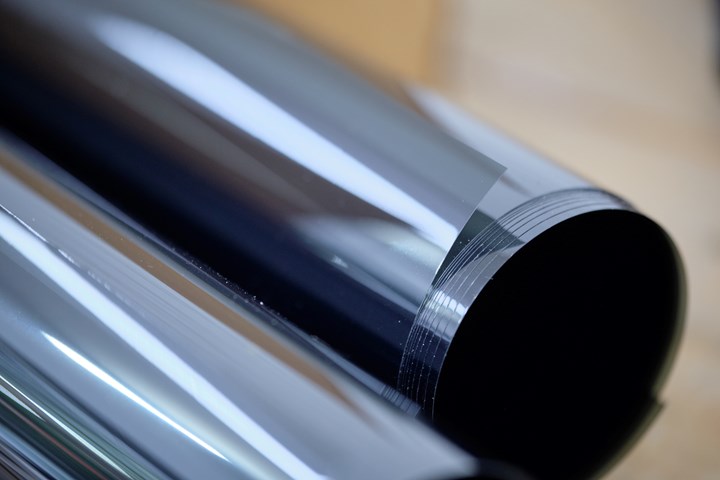High-Performance PPO for Ultra Thin-Wall Insulation Film in High-Voltage EV Batteries
SABIC’s new Noryl NHP8000VT3 said to improve protection against short circuits and fire propagation.

A high-performance PPO-based resin that is designed for insulation film used in electric vehicle (EV) battery modules to help improve protection against short circuits and fire propagation is newly available from SABIC. Noryl NHP8000VT3 resin is engineered with patented technologies to help meet the stringent demands of higher-voltage batteries (600-800 volts). It reportedly achieves the highest comparative tracking index performance level category (CTI PLC0), provides ultra-thin-wall extrusion and thermoforming capability, and meets the UL94 V0 standard at 0.25 mm with non-brominated, non-chlorinated flame retardance.
This PPO is said to provide a novel solution to the drawbacks of incumbent insulation films made with PC and PP by delivering stronger CTI performance and thinner-wall FR capability. The company anticipates the material can help advance EV battery technology by contributing to occupant safety, weight reduction and higher efficiency for extended range. Said Joshua Chiaw, 大象传媒 management director for SABIC’s LNP & Noryl, “Transitioning from standard, 400-volt EV batteries to higher voltages offers the potential to shorten charging times, extend range and improve energy management within the vehicle. However, designing higher-voltage batteries requires the invention of breakthrough

